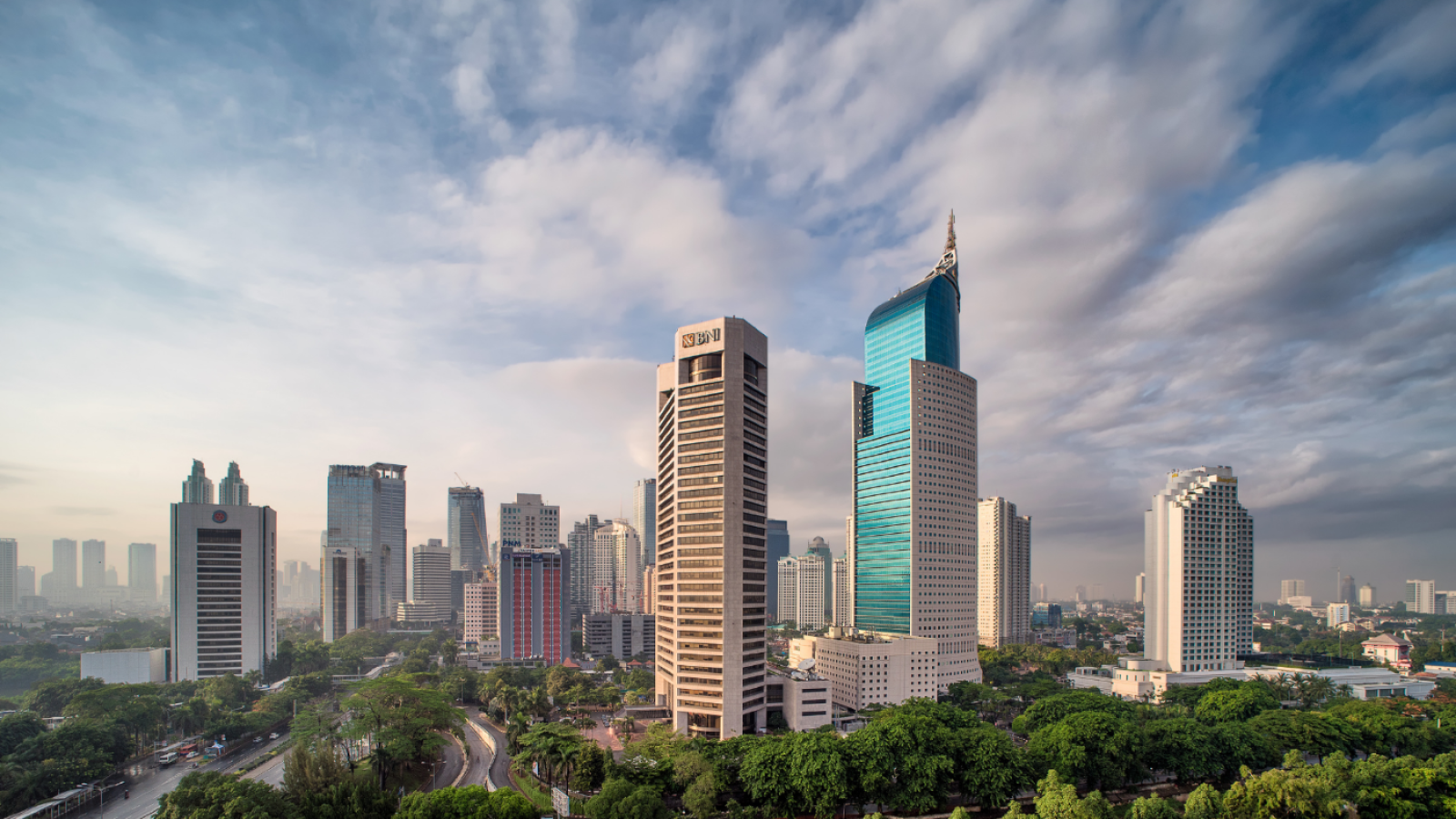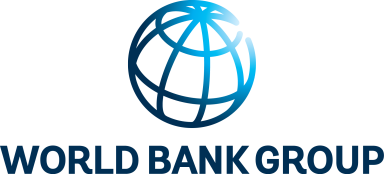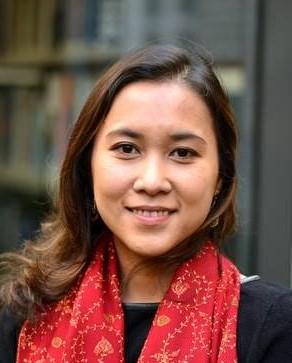World Bank
Indonesia
Home to more than 270 million people, Indonesia is the fourth most populous country in the world and the largest economy in Southeast Asia. UrbanShift is engaged in five cities in Indonesia: Jakarta, Balikpapan, Semarang, Bitung and Palembang.
The Executing Agency for UrbanShift in Indonesia is the Ministry of National Development Planning (BAPPENAS), supported by the World Bank as the Implementing Agency. ICLEI - Local Governments for Sustainability is a resource partner for the Indonesia project, facilitating a space to share global knowledge and experiences for the participating local governments, along with supporting capacity-building needs identified at the local levels in collaboration with BAPPENAS and the World Bank.
The Southeast Asian nation of Indonesia supports one of the highest levels of biodiversity on the planet, sheltering 12% of all known mammal species. Spread out over more than 17,000 islands, the Indonesian archipelago encompasses a range of ecosystems, from mangroves and coral reefs to rivers and rainforests. Indonesia contains the world’s third-largest expanse of rainforest, after the Amazon and Africa’s Congo Basin.
The country has experienced a steady rise in urbanization since the 1960s, driven by rural-urban migration. Today, more than 50% of Indonesia’s population resides in cities. This demographic change has contributed significantly towards the country’s economic stability; poverty rates in Indonesia have fallen by half over the past two decades.
- POPULATION
-
273 million
- ECONOMIC DRIVERS
-
Agriculture, Trade & Industry
- URBANIZATION
-
56%
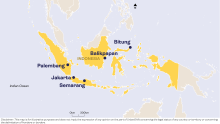
THE CHALLENGE
The urban population in Indonesia has expanded from 14% in 1960 to 56% in 2020. It is predicted that by 2045, more than 70% of the population will be living in cities. But government spending on urban planning and infrastructure has not kept pace, resulting in multiple problems: high population density, a dearth of affordable housing, inadequate waste management systems, water pollution, congestion, and more. Indonesia is also among the world’s top 10 emitters of greenhouse gases (GHG), with two-thirds of emissions originating from land use and land use changes and one-third from the energy sector, including transport and waste management. At the same time, the country is extremely vulnerable to the impacts of climate change: coastal and riparian cities face growing flood risks due to sea-level rise, storms and rampant deforestation, while other climate hazards, such as heat waves, forest fires and infectious diseases, are also projected to increase in intensity and frequency.
URBANSHIFT’S INTERVENTION
The objective of UrbanShift’s Indonesia project is to facilitate integrated spatial planning and urban management in five cities, aiming to tackle some of the critical issues described above. To achieve this goal as well as to bolster urban climate resilience, we’re focusing on circular economy strategies for waste management, energy efficiency in the building and transport sector, nature-based solutions, ecosystem restoration, urban greening and innovative financing, among other areas. Specific interventions will be designed based on emerging themes in each of the participating cities.
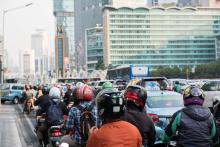
JAKARTA
Located at the mouth of the Liwung River on the island of Java, Jakarta is the capital of Indonesia and the largest city in Southeast Asia. The metropolitan area of Jakarta extends to eight surrounding districts covering two provinces and has an estimated population of 30 million. Jakarta’s thriving economy is dominated by the service industry and accounts for 18% of the national GDP. As the city’s population continues to expand, densely packed informal settlements are proliferating, where residents lack access to clean water, sanitation and other basic facilities. In addition, large tracts of Jakarta lie below sea level, resulting in frequent flooding during the rainy season and leading to economic damages and loss of life. Jakarta also has one of the poorest levels of air quality in the world, caused primarily by nearby coal-fired power plants, transport emissions and the open burning of waste.
SEMARANG
Semarang is the capital city of the Central Java province. A major port, industrial center and tourist destination, Semarang has close to 2 million inhabitants. A vital threat to urban development in Semarang is land subsidence due to groundwater extraction. Other environmental pressures include flooding, coastal erosion and landslides, exacerbated by climate change. Depleted and contaminated water supply, traffic congestion and inefficient transport systems are also important strategic issues that need to be addressed.
PALEMBANG
Palembang, located on the banks of the Musi River, is the capital of the South Sumatra province. Surrounded by peatlands, palm oil and rubber plantations and secondary forests, Palembang is a center for agro-industrial processing, with a population of about 1.7 million. The area faces significant tree cover loss, driven both by agricultural conversion and the expansion of urban settlements. Palembang is also impacted by haze from annual forest fires, contributing to poor air quality. Palembang’s development challenges include insufficient municipal water coverage and inadequate wastewater treatment and solid waste management. The city also faces considerable challenges in the transport sector due to its rapidly growing population.
BITUNG
Bitung is the capital of the North Sulawesi province and was designated as one of Indonesia’s Special Economic Zones (SEZ) in 2014. With a population under 230,000, Bitung’s economic activity revolves around fish processing, coconut processing, and other agriculture-based industries. Bitung’s rich coastal waters contain coral reefs, seagrass beds and mangroves that provide refuge to a variety of marine species. The city’s biodiversity and natural resources, upon which its economy relies, are at risk due to unsustainable fishing practices, marine pollution and degradation of coastal ecosystems. Industrial waste management is an urgent need for Bitung, as well as ecosystem restoration and management of natural disasters, such as floods, landslides and earthquakes.
BALIKPAPAN
Located on the eastern coast of Borneo, Asia’s largest island, Balikpapan is the capital of the East Kalimantan province. The city has grown to become one of the most important in Indonesia due to its oil and coal industry; other economic drivers include logging and palm oil. Balikpapan is also the gateway to the Wain River Forest, where many of Indonesia’s endangered species – such as the orangutan and sun bear – can be found. For a city as heavily dependent on fossil fuels as Balikpapan, investment in renewable energy is essential. In addition to associated emissions, oil and coal spills cause major damage to local fish stocks, affecting the livelihoods of the city’s small-scale fishers. Deforestation and forest fires are also a critical environmental concern, while informal settlements near the city center pose a significant urban planning challenge.
PROJECT BUDGET
- GEF Grant: $15.8 million
- Co-financing: $162.3 million
LOCAL TEAM
UrbanShift's World Bank partners in Indonesia are represented by the following staff members and consultants.
Country Coordinator
Suryani Amin coordinates UrbanShift's capacity-building offer in Indonesia.
Related Content
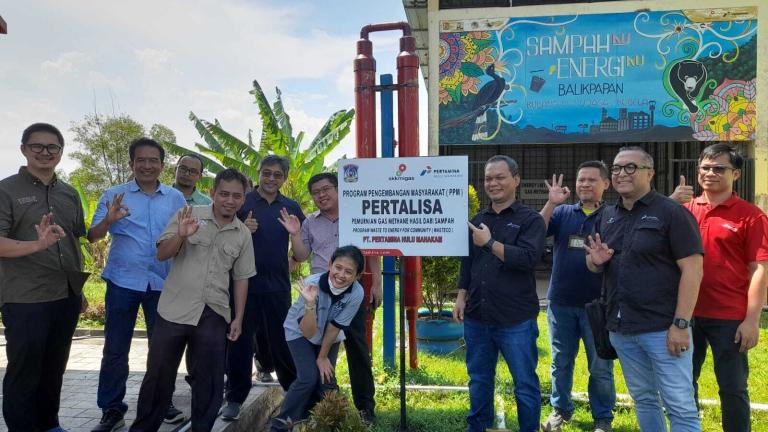
Building Indonesia’s Approach to Waste Management in Balikpapan
As waste management poses a challenge across Indonesia, this city is showing how a community-based circular economy approach can address the crisis.
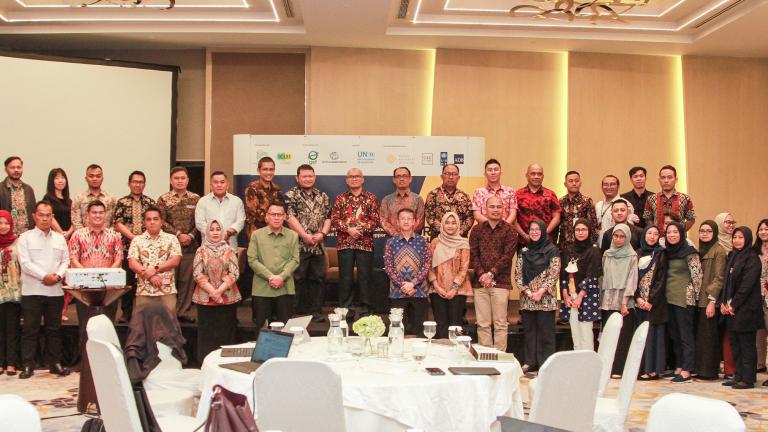
Indonesia 2nd National-Local Dialogue
This Dialogue will focus on understanding climate finance while also connecting the financing opportunities, mechanisms, and frameworks.
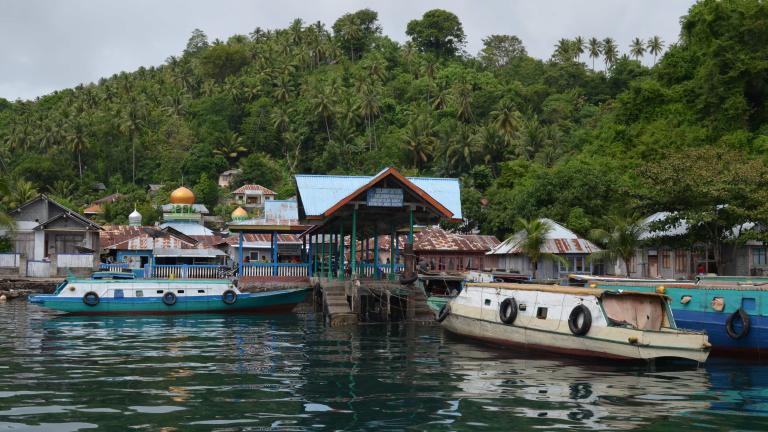
UrbanShift Geospatial Planning Lab in Bitung: Strategizing for Sustainable Economic Growth
The two-day Lab in Bitung explored how geospatial data can support sustainable urban growth and tourism, bringing together local officials and experts from WRI, ICLEI, and the World Bank.

Cities: Indonesia’s Biggest Climate Problem – and Its Best Solution
This event brought together government agencies, local city representatives, and international development organizations to discuss how Indonesia can meet its ambitious NDCs and align with its 2030 SDGs.
